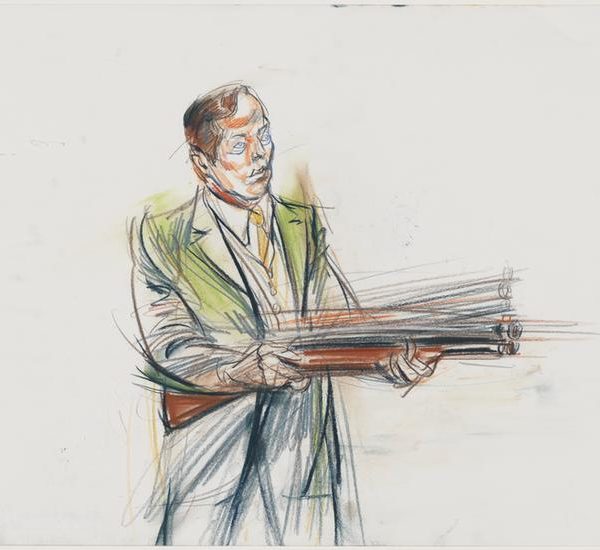
Three years before, Eleanor Bumpurs had been shot. A sixty-six year old black woman shot by a white police officer. Shot twice. With a shotgun. In her home. A case against the police officer wound through the courts in fits and starts. In 1987 the officer was acquitted. It was then, on the streets in front of the courthouse, that the press recorded for the first time the chant, “no justice, no peace.”
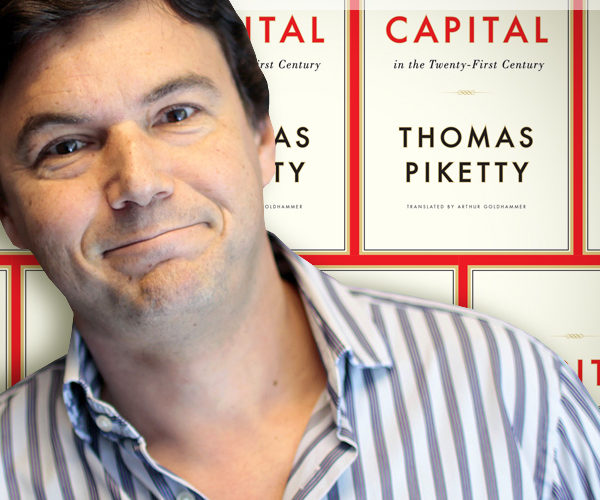
This is the second of two posts reviewing Thomas Piketty’s Capital in the Twenty-First Century and pointing out why it is of interest to those concerned with religious ethics and political theology. In the first installment, I summarized Piketty’s findings on the reality of inequality today and the distinction between income from labor and investments, with its implications for justice in societies. In this post, I examine some of Piketty’s broader conclusions.

What is happening today in the Middle East – and the strange, deer-in-the-headlights response of Western elites – seems in many ways to be a fulfillment of the predictions of French cultural theorist and political activist Guy Debord, author of The Society of the Spectacle (1967).

Many of my friends on social media have changed their profile pictures to the Arabic N to indicate their support for and solidarity with Christians who are currently being persecuted in the Middle East. A White House petition calling for the United States Government to offer support to Christians in Iraq has over 41,000 signatures at the time that I am writing this, and is quickly adding more. . . . How should Christians feel about all of this?
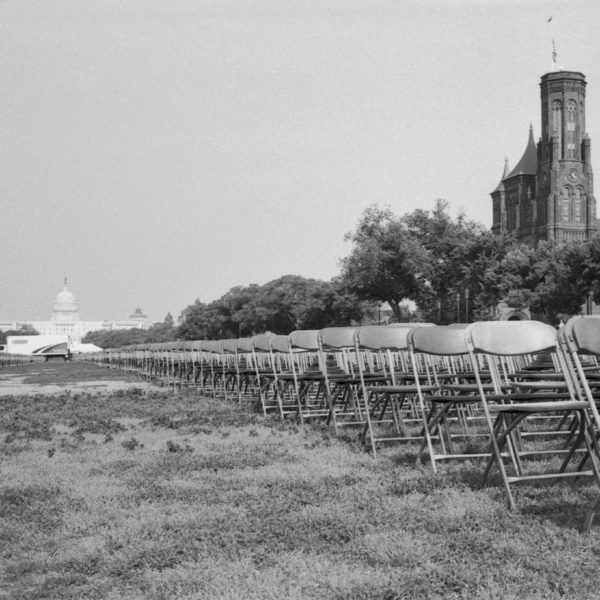
An article published in the Washington Post this past weekend notes that unlike previous midterm elections, this campaign has yet to see the emergence of a dominant, national theme. No one issue—or even set of issues—has taken center stage, cutting in, through, and across the various races. What we have instead is an election constituted through diverse, often locally- or regionally-defined issues that at the end of the day lack any sort of common ground.

. . . What makes the ideology of ISIS appealing to its members and young recruits, especially those who travel from Europe and desperately want to join the fight, is actually the global message that this group tries to address to its Muslim audience. It has declared its determination to go beyond the parochial nationalist discourse and to establish a sovereign Islamic caliphate that aspires to global jihad.

Despite its intimidating size and scope, Capital has the potential to be extremely helpful to scholars and activists concerned with inequality, and I hope to convince at least a few readers of Political Theology Today to add it to their reading lists. Like all economic works, Capital makes claims about what is good for humans, human nature and motivations, and social justice.
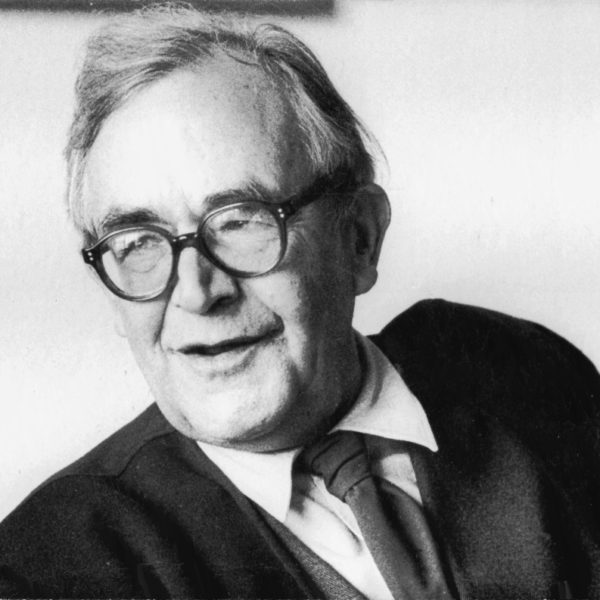
Current crises across the Middle East and other war-torn locations demand careful consideration of war, just war theory, and other tenets of military interventionism. The Christian theologian faces a particularly daunting task in this respect because the eschatological principles of God’s kingdom appear contrary to what might be a faithful Christian ethic in the penultimate present.

Perhaps part of the reason why disparities in food distribution continue to exist is that, when those of us who have food enough on our tables try to respond to disasters such as famine, without connection with the people who suffer them, both they and us are likely to come away empty. The ironic use of famine in Naomi’s story is able to suggest to us another way, an approach to famine that sees first the emptiness in relationships when kin from the ‘developing’ and ‘developed’ worlds find ourselves absent from one another.
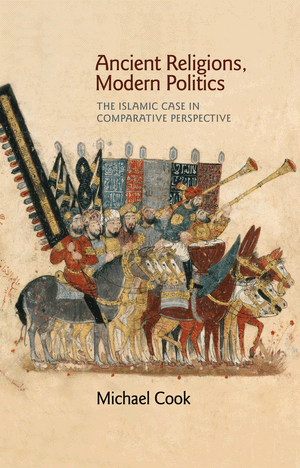
Last November, members of a Sunni militia in Syria went to a hospital, found a patient whom they took to be a Shi‘ite, and beheaded him. Showing a typical jihadi concern for public relations, they then made a video about the incident in order to get their message out, saying of the Shi‘ites: “They will come and rape the men before the women, that’s what these infidels will do. They will rape the men before the women. God make us victorious over them.” As it turned out, their video proved a bit of an embarrassment: it emerged that the man they beheaded was not in fact a Shi‘ite — but as jihadis will tell you, and not only jihadis, these things happen.

